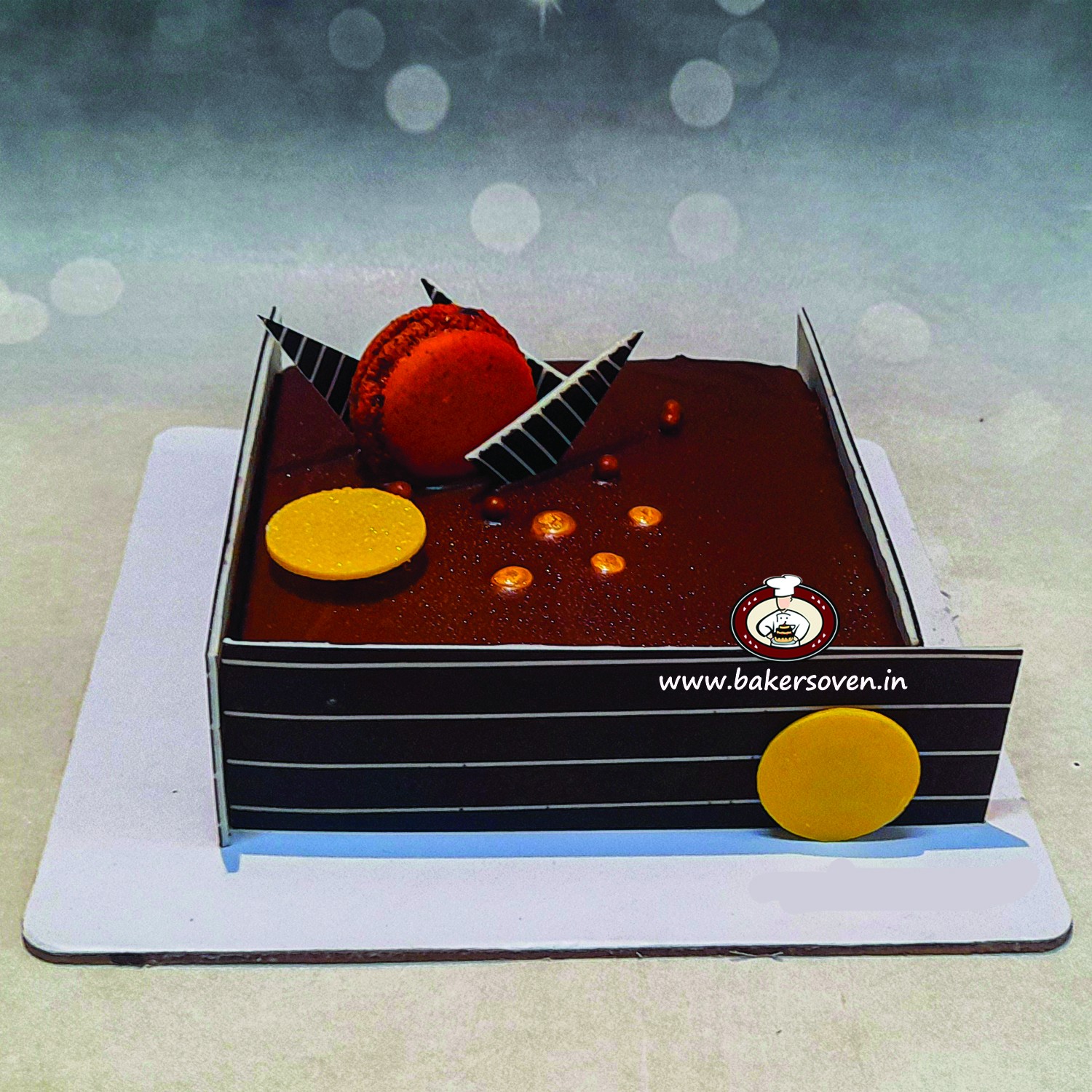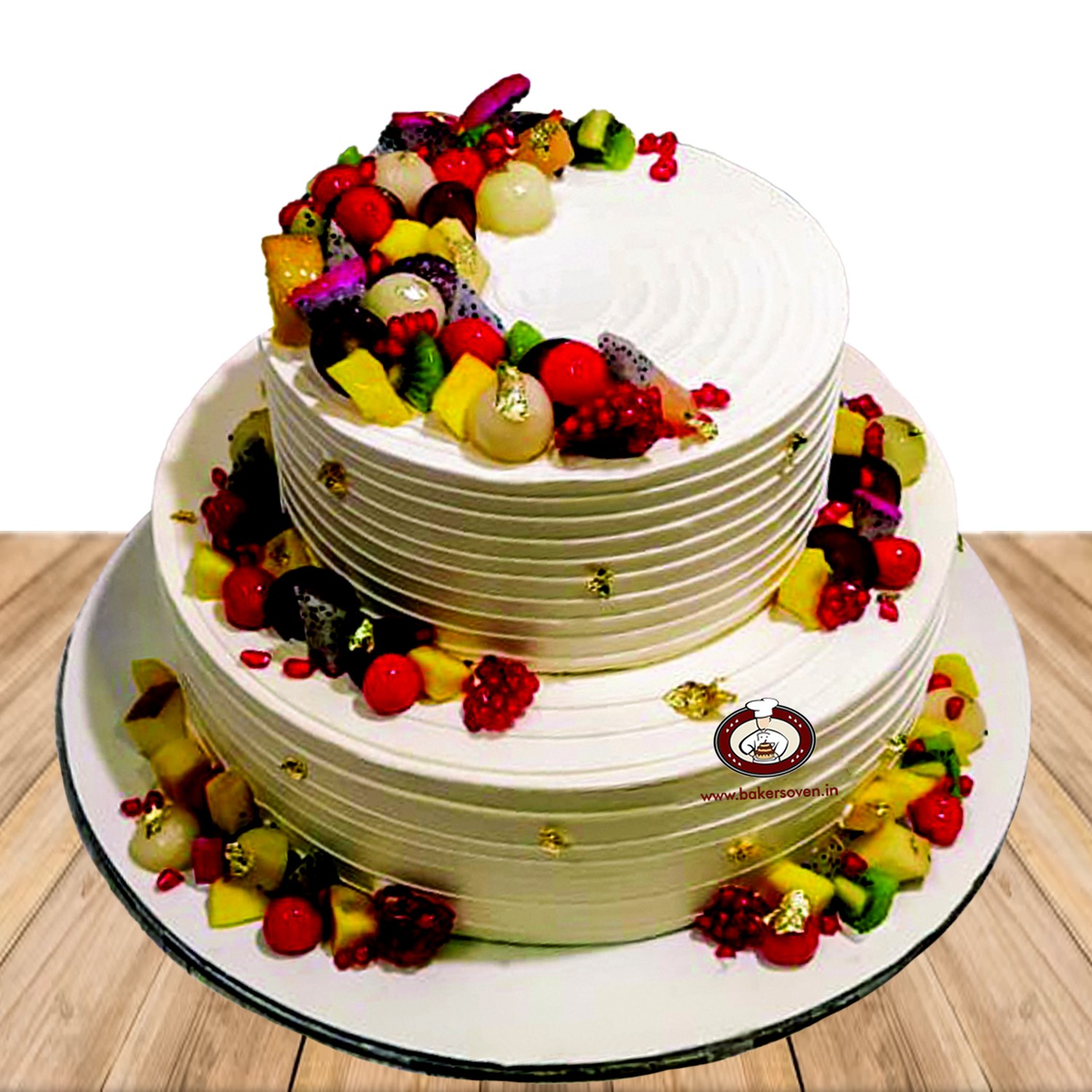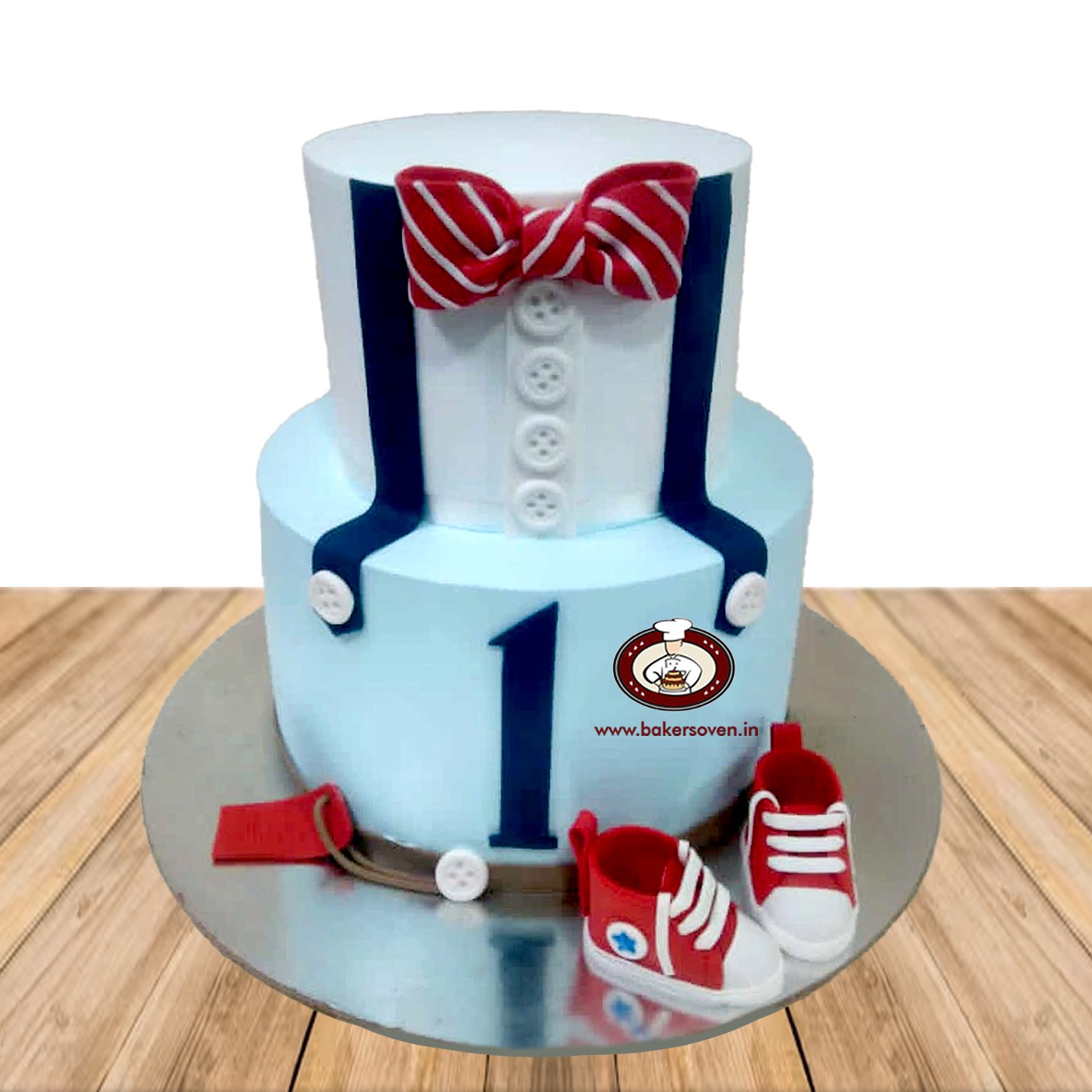Baking Tips for Beginners, From Our Expert Bakers

12 Essential Baking Tips for Beginners
If you're new to the wonderful world of baking, the prospect of whipping up flawless cakes, cookies, and pastries can feel a bit daunting. From mastering measuring techniques to troubleshooting tricky recipes, there's a lot to learn when you're just starting out. But don't worry – with the right guidance and a little bit of practice, anyone can become a baking pro.
That's why we've compiled this essential guide of 12 expert baking tips for beginners. Whether you're looking to learn how to bake from scratch or simply want to sharpen your existing skills, these insights will set you up for sweet success in the kitchen. So, let's dive in and unlock the secrets to baking like a seasoned pro.
1. Get to Know Your Ingredients
Before you even think about turning on the oven, it's crucial to familiarize yourself with the core ingredients that make baking magic happen. Take some time to understand the roles that common baking staples like flour, sugar, eggs, butter, baking powder, and baking soda play in recipes.
Knowing how each ingredient contributes to the structure, texture, and flavor of baked goods will help you troubleshoot problems, substitute ingredients with confidence, and develop a better overall understanding of the baking process.
2. Master Precise Measuring
Baking is a science, so precise measurements are absolutely essential. Get in the habit of using dry measuring cups for dry ingredients and liquid measuring cups for wet ones. And always spoon and level your dry ingredients rather than scooping directly from the container – this prevents you from packing them down and adding too much.
If you really want to take your measuring game to the next level, consider investing in a kitchen scale. Being able to weigh ingredients by mass rather than volume will give you an extra level of precision, which can make a big difference in your baking results.
3. Familiarize Yourself with Essential Tools
While baking doesn't require an arsenal of specialized equipment, there are a few key tools that will make your life a whole lot easier. At a minimum, you'll want to have mixing bowls, a hand mixer or stand mixer, baking pans, parchment paper, and an oven thermometer on hand.
As you progress, you can build out your baking toolkit even further with items like a kitchen scale, offset spatula, pastry brush, and piping bags and tips. These handy gadgets will open up a whole new world of baking possibilities and help you achieve professional-level results.
4. Start with Simple Recipes
When you're just starting out, it's best to begin with easy, straightforward recipes that don't require a ton of advanced techniques. Things like no-bake treats, quick breads, and basic cookie or muffin batters are all great beginner-friendly options.
Follow these simple recipes carefully, paying close attention to ingredient quantities, mixing methods, and baking times and temperatures. As you gain more experience and confidence in the kitchen, you can start experimenting with more complex recipes and putting your own spin on things.
5. Master Mixing Methods
Proper mixing is crucial for achieving the right texture in your baked goods. Different recipes call for different mixing techniques, like creaming, whisking, folding, or kneading. Take the time to understand each method and when to use them.
Overmixing can lead to tough, dense results, while undermixing may result in a gritty or uneven texture. Mastering the right mixing approach for each recipe will go a long way in elevating your baking game.
6. Learn to Troubleshoot
Even the most seasoned bakers encounter the occasional mishap. That's why it's important to familiarize yourself with common baking problems and how to fix them. Issues like sunken centers, dry textures, uneven baking, and stuck-on cakes can all be remedied with the right troubleshooting techniques.
Keep a troubleshooting guide handy, and don't be afraid to experiment with potential solutions. Over time, you'll develop a better understanding of what works (and what doesn't) for your unique setup and preferences.
7. Pay Attention to Temperature
Temperature plays a crucial role in baking, from the oven temperature to the temperature of your ingredients. Make sure your oven is properly preheated before you start baking, and use an oven thermometer to ensure it's running at the correct temperature.
It's also important to consider the temperature of your ingredients. For example, room-temperature eggs and butter will incorporate more easily and result in a better texture than cold ingredients straight from the fridge.
8. Embrace the Science of Baking
At its core, baking is a science – which means understanding the chemical reactions that take place in the oven is key to your success. Take the time to learn about the role of gluten development, leavening agents, and fats in baking. This knowledge will help you troubleshoot problems, adjust recipes, and develop a more intuitive feel for how different ingredients and techniques work together.
9. Learn to Properly Grease and Line Pans
Preventing your baked goods from sticking to the pan is essential for achieving a clean, professional-looking final product. Always remember to grease your pans generously, using butter, shortening, or non-stick cooking spray. For extra insurance, consider lining the pans with parchment paper as well.
And don't forget to pay attention to the type of pan you're using – different materials like aluminum, ceramic, or silicone can impact how your cakes, cookies, or breads bake up.
10. Embrace Experimentation
One of the best things about baking is that there's always room for creativity and personalization. Don't be afraid to experiment with new recipes, ingredient substitutions, or decorative techniques.
Pay attention to what works and what doesn't, and use that knowledge to constantly improve your skills. Over time, you'll develop a better intuitive feel for how different flavors, textures, and presentation styles come together.
11. Practice, Practice, Practice
The most important piece of advice we can offer new bakers is to not get discouraged. Baking takes time and patience to master, so don't be too hard on yourself if your first few attempts don't turn out perfectly.
The more you bake, the more intuitive it will become. Keep a journal of your baking adventures, noting what worked well and what you'd do differently next time. With each new recipe you tackle, you'll gain valuable experience and build towards becoming a baking superstar.
12. Have Fun with It!
Above all, remember to enjoy the process. Baking is a wonderfully rewarding hobby, and there's nothing quite like the satisfaction of pulling a fresh, homemade treat out of the oven.
Approach each new baking project with a spirit of curiosity and playfulness. Experiment, get creative, and don't be afraid to make a few mistakes along the way. In the end, the most important thing is that you're having fun and treating yourself (and your loved ones) to some delicious homemade goodies.
Ready to dive into the world of baking? Keep these 12 essential tips in mind, and you'll be well on your way to whipping up bakery-worthy treats in no time. Happy baking!
















